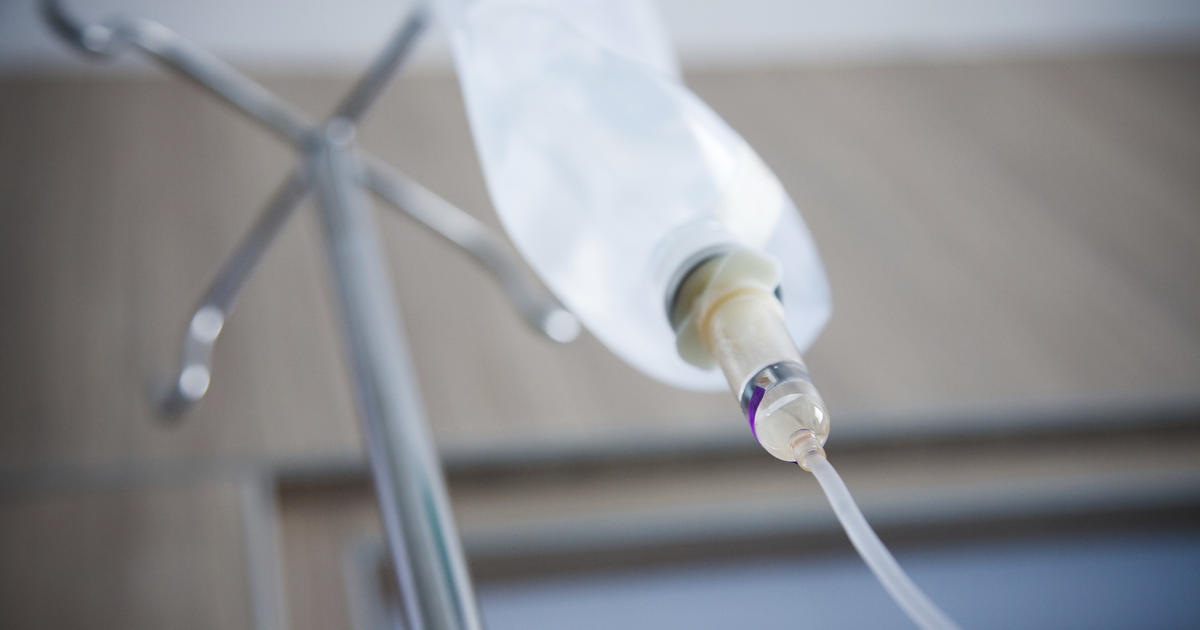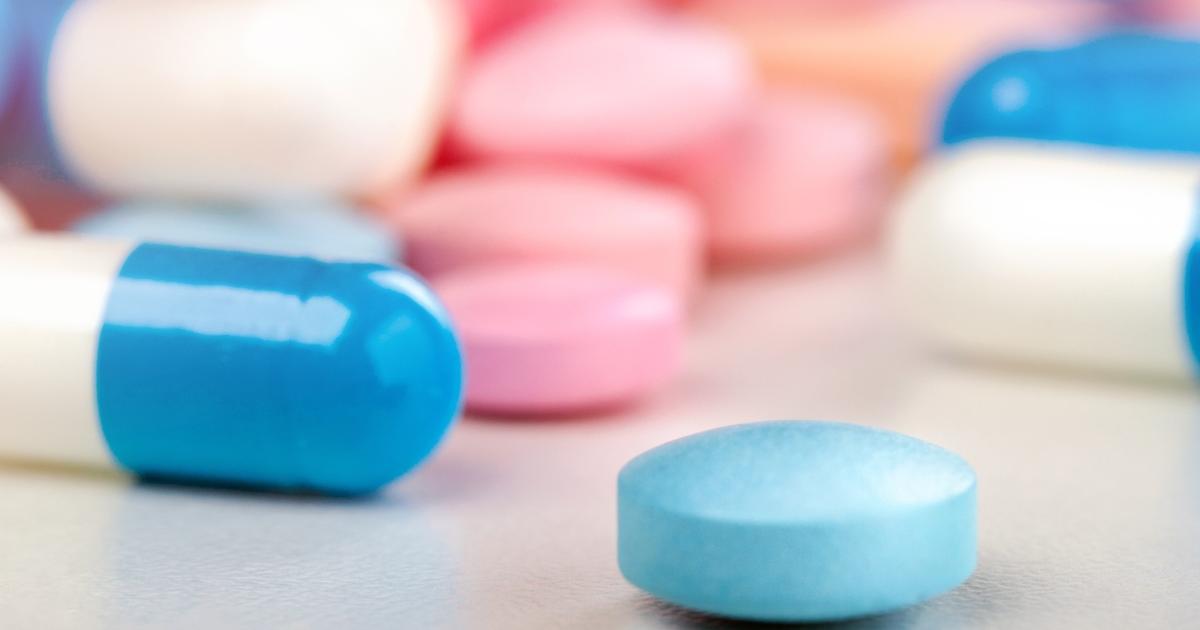How To Prevent And Treat A Kidney Infection
Course Of Antibiotics
An individual affected by a kidney infection may need to take a course of antibiotics to treat their infection and prevent further complications. Most physicians prescribe a course of antibiotics or give an initial injection of antibiotic medication for treatment until the results of a urinalysis return from the laboratory. A urinalysis is a test performed on an individual's urine that can help a physician determine which strain is causing their kidney infection to ensure they are taking the proper antibiotic to eliminate it. If the results return and indicate the patient has started on antibiotics that will not be effective at eliminating the type of bacteria causing their infection, the physician will have them stop the antibiotics they are on and begin taking the correct one. Depending on a patient's personal medical history, they will take the antibiotics for between five and ten days at a specified dose. Patients affected by more severe kidney infections that have produced complications may need to be treated in a hospitalized setting with intravenous antibiotics.
Discover additional ways to treat a kidney infection now.
Intravenous Fluids

An individual affected by a particularly severe infection in their kidneys may need to be hospitalized to receive intravenous fluids as part of their treatment plan. They may become ill to the point where they are unable to drink fluids. An individual who has become toxic may be unable to tolerate oral fluids if they have become dehydrated. Current guidelines for the intravenous fluid treatment indicate the fluids given intravenously to patients who have severe kidney infections should be comprised of one liter of five percent dextrose dissolved in saline. This intravenous mixture helps ensure any existing ketosis that has developed as a result of the kidney infection is mediated. This mixture is recommended for all patients affected by a severe kidney infection regardless of ketone detection in their urine sample. Any additional intravenous hydration should be given as normal saline. The doctor should closely monitor the patient for complications that could occur from any imbalances in salt, fluids, and glucose in the body.
Get more details on treating a kidney infection now.
